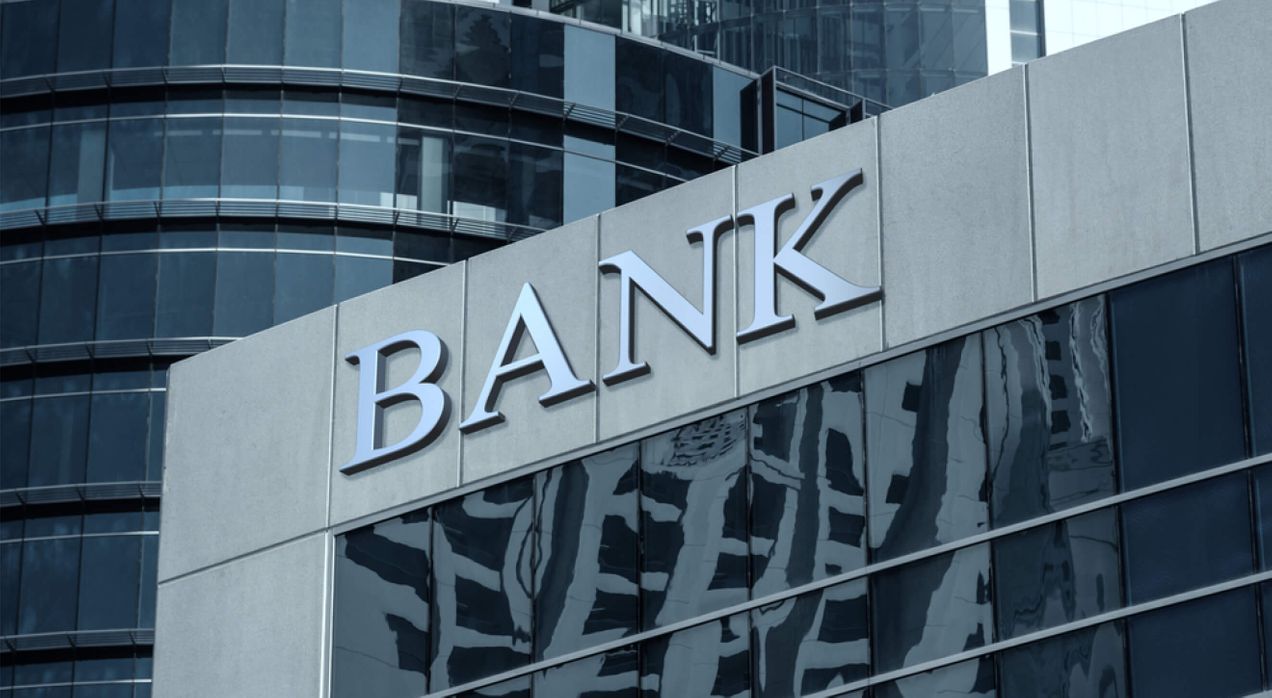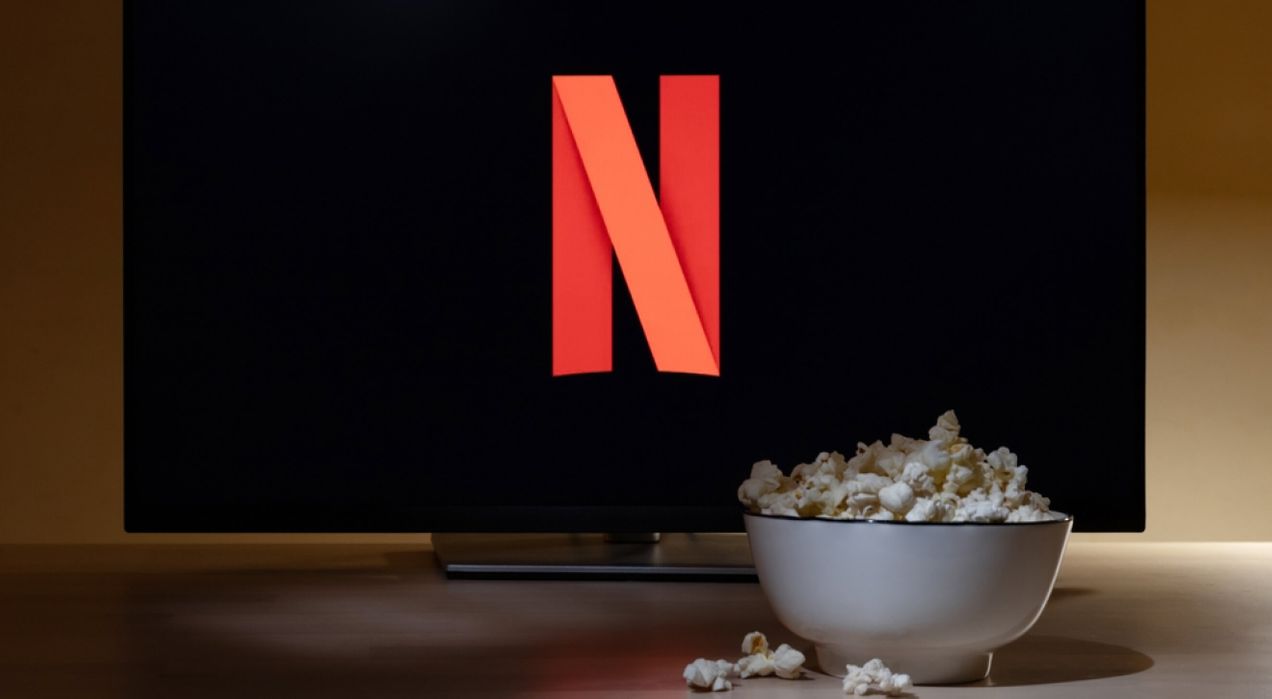How an employee feedback system improves company culture and boosts retention: A complete guide
An employee feedback system is a structured framework that enables organizations to gather, analyze, and act on feedback from employees. It serves as a communication channel where employees can share their thoughts, concerns, and suggestions about various aspects of their workplace experience.
Top 13 strategies used by organizational development consultants in 2026
Discover 13 strategies organizational development consultants use to transform company culture. Learn how they boost employee engagement, refine performance management, and drive effective change. Explore the tools and techniques that empower organizations to thrive in today’s dynamic workplaces.
20 Employee retention strategies to boost engagement and reduce turnover in 2026
Having an employee retention strategy in place is crucial for the sustained success and growth of any organization. It helps mitigate the high costs associated with employee turnover, including recruitment, training, and lost productivity during the transition period.
eNPS benchmark: How to measure, compare, and improve engagement
The eNPS scoring system is designed to measure employee loyalty and satisfaction by gauging how likely employees are to recommend their workplace. Using a scale of 0 to 10, employees rate this likelihood, and based on their responses, they’re classified into different categories.
Transactional leadership: Examples leaders should know to maintain a positive culture
Transactional leadership is a leadership style focused on the exchange between leaders and followers. It is characterized by a system of rewards and punishments to motivate employees and achieve desired outcomes. This approach is often seen in structured environments.
Starbucks company culture: Key values that made it stand out in the global market
Starbucks’ company culture is rooted in fostering a sense of community and belonging, both for its employees and customers. The company emphasizes inclusivity, respect, and support, creating an environment where diversity is celebrated.
How to approach blue-collar worker engagement: 30+ Activities to try in 2025
Blue-collar workers are individuals engaged in manual labor or skilled trades, typically involving physical work. This category includes a diverse range of professions such as construction workers, electricians, plumbers, mechanics, and factory workers.
How to create an effective survey for the department in 2025
A departmental survey is a structured questionnaire designed to gather feedback from employees within a specific department. It focuses on team dynamics, leadership, tools, and challenges unique to that unit. These surveys help organizations uncover valuable insights, track performance, and more.
75+ Fun office bulletin board ideas to try as a leader in 2025
From interactive elements and rotating themes to celebrating employee achievements and promoting wellness challenges, these ideas will transform your office bulletin board into a vibrant hub of creativity and collaboration.
Top 15 employee engagement activities in retail sector in 2025
Retail isn’t your average desk job. It's a high-touch, high-pressure environment where your employees often double as brand ambassadors, problem solvers, and part-time therapists. That’s why building a solid employee engagement activity in retail sector settings is non-negotiable.
25+ Top employee engagement activities in banking sector in 2025
The banking sector is high-stakes, highly regulated, and emotionally demanding. Employees deal with everything from compliance headaches to customer anxieties, often under intense pressure. That’s why employee engagement in banks is a business necessity that senior leadership must prioritize.
Netflix's company culture: The unconventional approach that shattered corporate norms
Netflix is renowned for its unique and often-discussed company culture, which is characterized by a few key principles that set it apart. One defining feature is its emphasis on freedom and responsibility. Employees are granted significant autonomy in their work, with minimal micromanagement.
30 Must-ask staff engagement survey questions to elevate morale
In 2025, talent isn’t just hired, it’s nurtured. With flexible work, AI workflows, and rising employee expectations, staff engagement surveys are a business necessity to measure employee engagement effectively. Disengaged teams are expensive, and silence is the costliest feedback of all.
50 Questions to include in your next employee involvement questionnaire
An employee involvement questionnaire is a structured set of questions designed to understand how actively employees feel included in decision-making, problem-solving, and organizational processes. Unlike standard engagement surveys, the type of employee survey questions digs deeper.
Measuring employee experience: Why it matters and how to get it right in 2025
Measuring employee experience is crucial for a deeper understanding of the realities of your workforce and uncovering hidden insights that drive improvement. It allows organizations to create actionable strategies to enhance engagement, productivity, and workplace satisfaction.
175+ Coworker birthday wishes for professional, fun, and heartfelt messages in 2025
Acknowledging employee birthdays is crucial for fostering a positive and engaging workplace culture. When leaders take the time to recognize these personal milestones, it shows employees that they are valued not just for their professional contributions but as individuals.
HR analytics: How to turn people data into performance in 2025
HR analytics is the process of collecting, analyzing, and interpreting human resources data to improve data-driven decisions related to people. It blends HR and data analytics to help organizations understand patterns in employee behavior, performance, and engagement.
150+ Retirement gift ideas that say more than just “goodbye”
A career isn’t just about daily tasks, it’s about dedication, relationships, and the impact employees leave behind. When someone retires, a few thank you notes or simple “thank you” isn’t enough. Retirement gift ideas serve as a tangible reminder of their contributions and ensure they feel valued.
Lazy worker: Key traits, impact, and management strategies to implement in 2025
Lazy workers are individuals who exhibit a lack of motivation, diligence, or responsibility in their job roles. They often engage in behaviours that minimize their workload, such as procrastinating, delegating their tasks to others, or avoiding tasks altogether.
Meaning of workplace culture and connection for engaging employees in 2025
Unravel the multifaceted layers of workplace culture, deciphering its intricate meanings, values, and impacts on organizational dynamics and employee engagement. Discover how a strong culture fosters cohesion, innovation, and resilience, shaping the very essence of an organization's success.
How employee relationship management shapes a positive, engaged company culture
Employee relationship management (ERM) is the strategic approach organizations use to build, nurture, and maintain strong relationships between employers and employees. It goes beyond simply having an “open-door policy” or throwing a team lunch once in a while.
OKRs 101: Everything you need to know about setting and tracking team goals
An OKR, short for Objectives and Key Results, is a goal-setting framework that helps teams and individuals align their efforts with company priorities. It’s made up of two core parts: the objective (what you want to achieve) and the key results (measurable outcomes that show progress).
Inside Target company culture: A model for building people-first workplaces
Target’s company culture is built on a foundation of inclusivity, innovation, and connection. At its core, the culture is centered around putting people first, both employees and customers. Target creates an environment where individuals are encouraged to thrive and contribute.
Employee achievements: How recognizing wins drives retention, culture, and growth
Employee achievement refers to the successful completion of tasks, goals, or initiatives that contribute to team, department, or company objectives. It’s not just about hitting KPIs—it also includes specific contributions like innovative thinking, exceptional collaboration, and problem-solving.




























